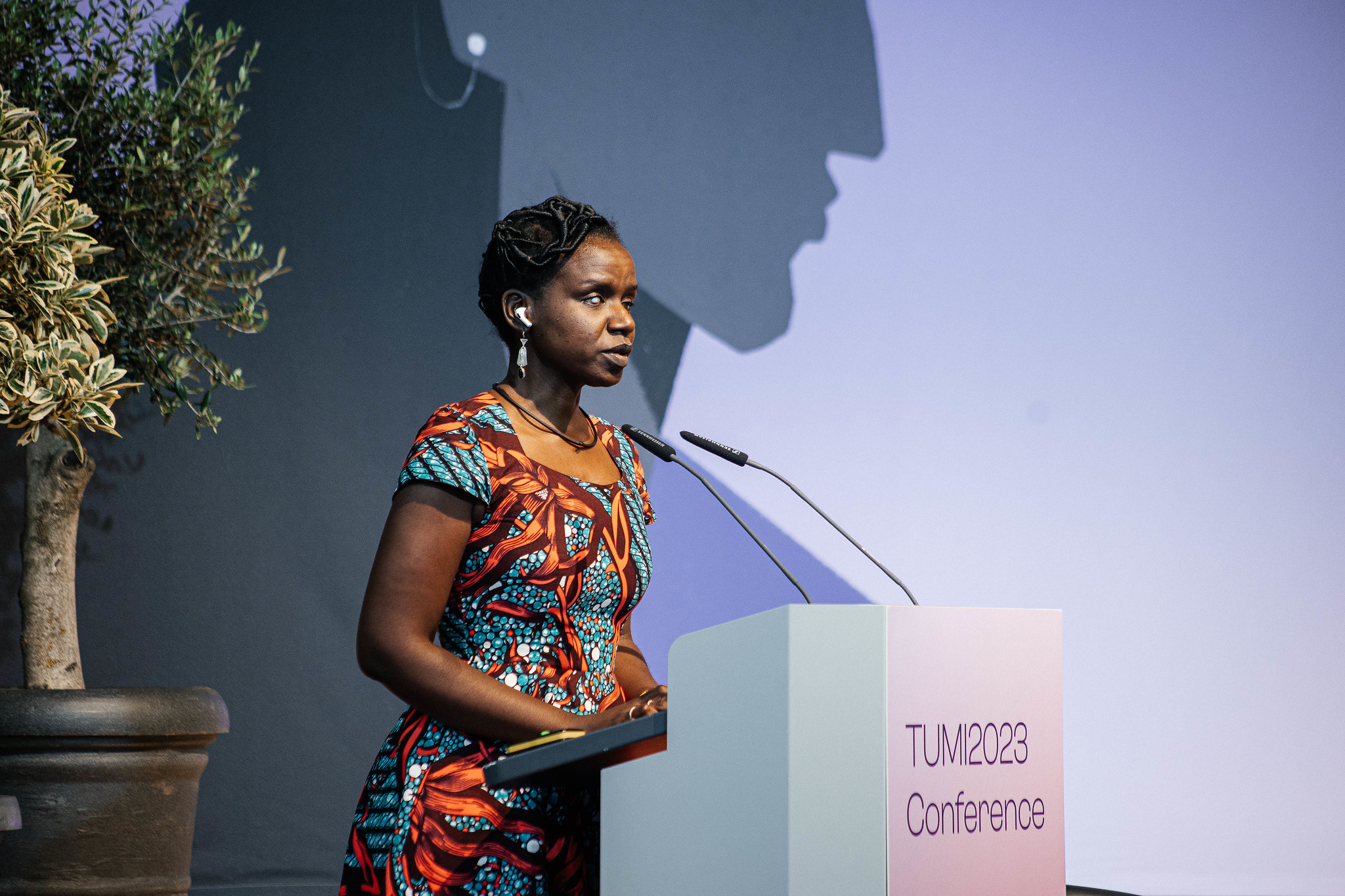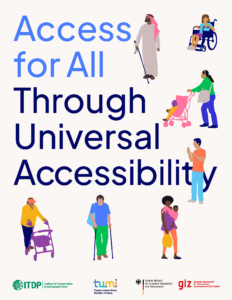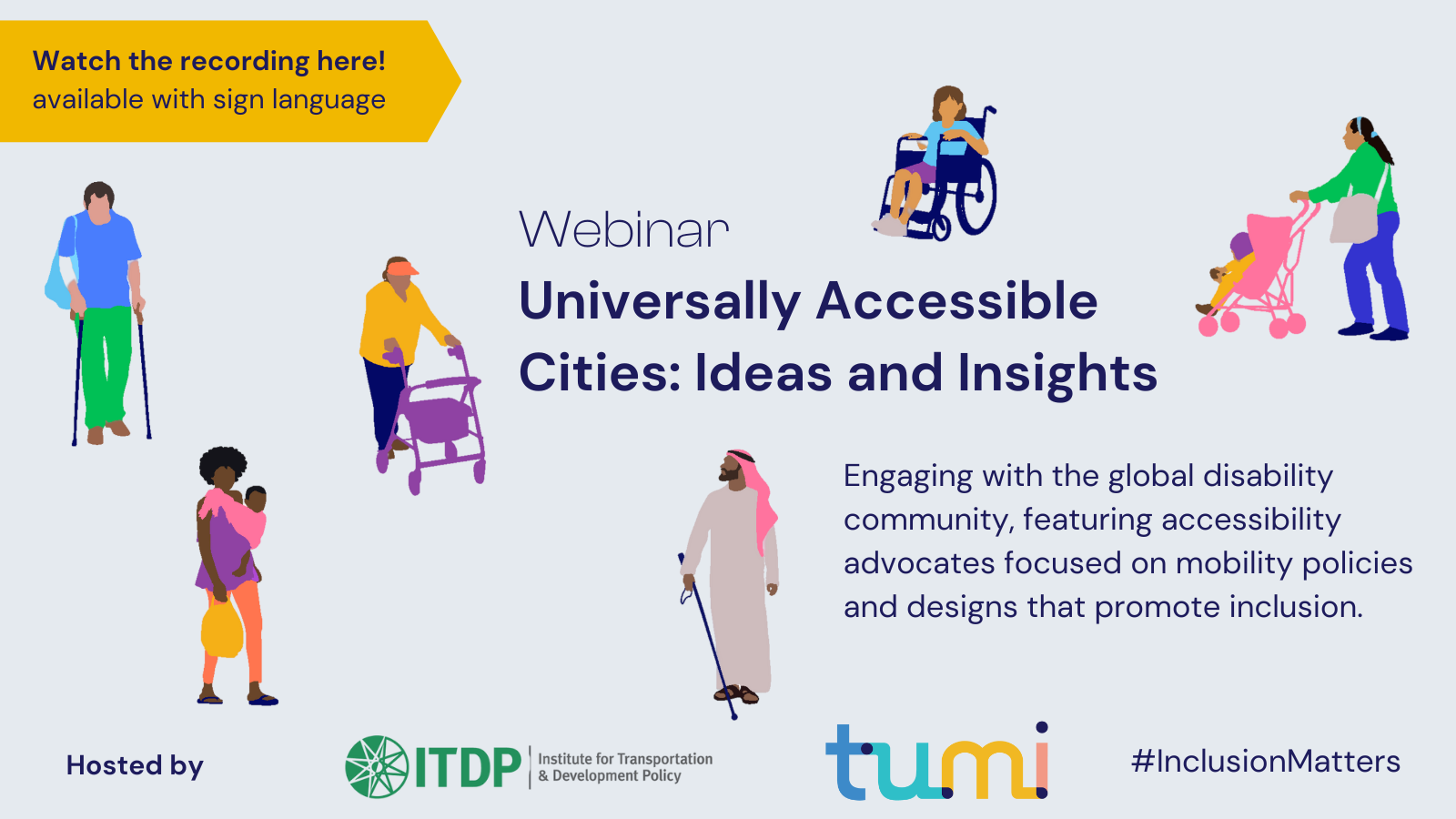Inclusive Mobility
As highlighted in the Hamburg Charter, TUMI promotes inclusive mobility by ensuring underrepresented voices—women, the elderly, children, and people with disabilities—are included in decision-making through participatory processes. If we truly want to create a future that is sustainable, is important to address gender disparities in the transport sector, encourage women's participation in leadership, and aim to eliminate violence and harassment, and support care work to enhance women's social and economic roles.





